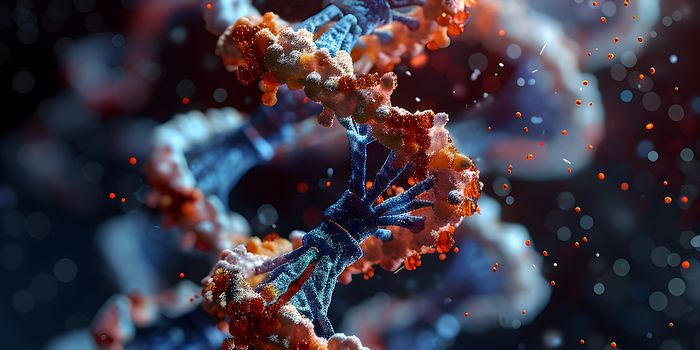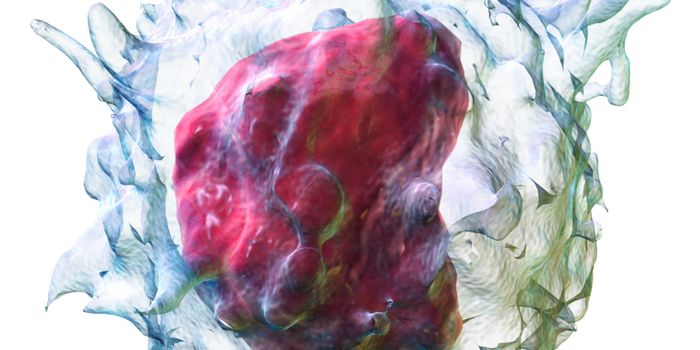Exercise: A Secret Weapon to Combat Prostate Cancer?
Exercise oncology is an evolving science that considers the addition of physical activity regimens to the treatment plans of cancer patients and survivors. Studies in this field demonstrate the significance of exercise for cancer patients during and after treatment.
A recent study published in Medicine & Science in Sports & Exercise investigates the function of myokines, proteins secreted by muscles during exercise in a group of prostate cancer patients actively undergoing treatment.
Androgens are hormones made in the testicles and required for male reproductive activity. Androgens also promote the growth and development of prostate cancer. Androgen deprivation therapy (ADT), surgical or pharmacologic suppression of androgen levels, is often used in prostate cancer treatment regimens.
The study involved ten prostate cancer patients actively undergoing ADT. Participants agreed to a three-month exercise program including resistance training, aerobic exercise, and protein supplementation.
The research team monitored body and muscle strength and measured myokine levels in the blood before and after the exercise intervention. The researchers then evaluated the effect of the pre- and post-intervention serum on prostate cancer cell growth in a laboratory setting.
The trial found that while body weight, fat mass, and percent body fat decreased, percent lean mass and strength increased. The analysis also revealed that one myokine, OSM increased following exercise intervention.
After applying post-intervention serum directly to prostate cancer cells, researchers observed significant suppression of tumor growth.
While this trial only included a small cohort of patients, the results suggest that exercise-driven myokines can suppress tumor growth and, moreover, the same myokines help fight prostate cancer cells. These findings also indicate that exercise may promote a cancer suppressive environment within the prostate.
The authors acknowledge that additional studies are needed to clarify the impact of specific exercises on myokine expression. The relationship between myokine secretion and several factors, including exercise intensity, amount of activity, and type of exercise, require further investigation.
Prostate cancer is the most frequently diagnosed cancer in men in the United States and it is estimated that close to 250,000 prostate cancer diagnoses will occur in 2021. Validation of the potential benefits of easy to implement measures like exercise intervention could give many of these patients a boost to fighting the disease.
Sources: Exercise oncology, Medicine & Science in Sports & Exercise, myokines, ADT, diagnosed









